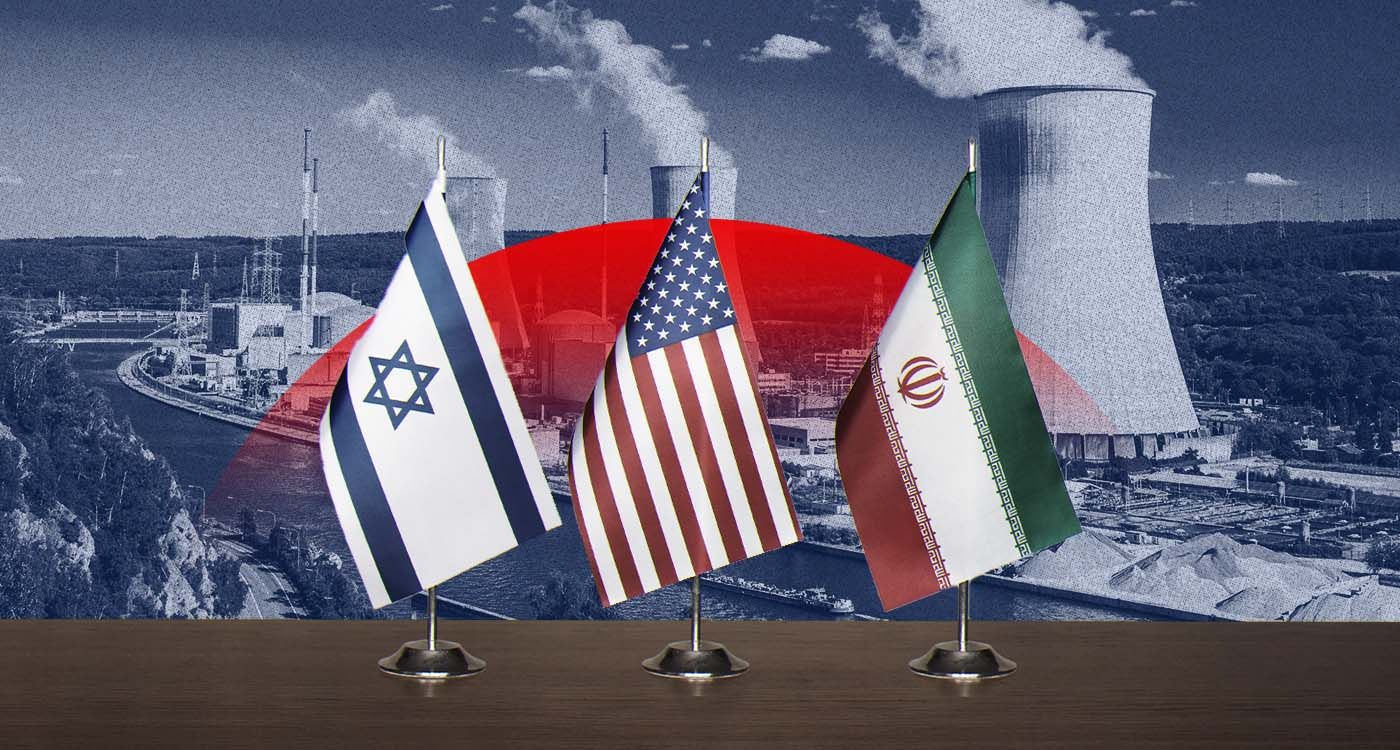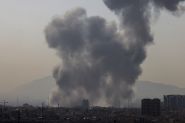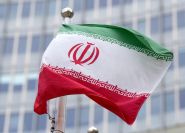- Home
- Middle East
- Peace Deal or Pandora’s Box: A June of Reckoning

©This is Beirut
As the Trump administration accelerates its efforts to clinch a nuclear deal with Iran, the threat of Israeli airstrikes looms larger than ever. According to multiple diplomatic sources cited by The New York Times, Prime Minister Benjamin Netanyahu is actively considering unilateral military action against Iran’s nuclear sites—regardless of how close Washington gets to a negotiated solution.
At the heart of this escalating tension is a high-stakes gamble between diplomacy and force. For President Trump, a nuclear agreement with Tehran represents a rare opportunity for a foreign policy win—one he can tout as tougher, faster, and better than the Obama-era Joint Comprehensive Plan of Action (JCPOA). But for Netanyahu, it’s déjà vu of the worst kind.
Behind the scenes, American and Israeli officials have held a flurry of tense meetings, with at least one reportedly heated phone call between the two leaders. Trump is pushing to keep negotiations alive, hinting publicly that “something good” might come out “in the next two days.” Netanyahu, meanwhile, is reminding the world—and especially Iran—that Israel’s patience has limits, and its jets are fueled.
This isn’t just diplomatic posturing. June marks a critical inflection point. Trump’s team, led by chief negotiator Steve Witkoff, has been working with mediators like Oman to forge an interim framework before the situation spirals. But Iran remains defiant on its right to enrich uranium—insisting that “zero enrichment” is a non-starter. Tehran already possesses uranium enriched to 60%, a technical step away from weapons-grade fuel.
That’s why June is so pivotal. It represents the end of Trump’s self-imposed window for a “stronger, faster deal.” It also coincides with a period of perceived Iranian vulnerability. In October, Israel destroyed portions of Iran’s air defense grid, potentially opening a narrow operational window for Israeli jets. Netanyahu believes this moment won’t last.
If no deal materializes—or even if it’s merely a watered-down agreement that leaves Iran’s infrastructure intact—Israel may act. American intelligence believes a strike could be launched with as little as seven hours’ notice.
Netanyahu’s inner circle has been signaling that this time is different. Israeli officials have revived detailed strike plans, ranging from limited sabotage missions to multi-day bombing campaigns on hardened facilities in Natanz and Fordow. After meeting with Trump in April, Netanyahu reportedly directed Israeli security planners to continue preparations, even in the event of a diplomatic breakthrough.
Some Israeli officials believe that once missiles are in the air, the US will have no choice but to back its closest regional ally—especially if Iran retaliates. But Pentagon sources question the efficacy of a solo Israeli strike, suggesting it might delay, but not destroy, Iran’s capabilities.
What’s new is the geopolitical recalibration of the region. Gulf states like Saudi Arabia are now seeking détente with Tehran. The Abraham Accords have shifted Arab-Israeli dynamics. A unilateral Israeli operation could destabilize these fragile realignments.
For Trump, the diplomatic path is politically seductive. It offers a potential headline victory that contrasts with his withdrawal from the 2015 JCPOA. He could claim that he “ended Iran’s nuclear threat” while avoiding another Middle Eastern quagmire.
But Trump is walking a tightrope. Congress remains full of Iran hawks. Israel is impatient. And Iran knows that time is on its side. The interim deal now being considered may involve Tehran “down-blending” its fuel or shipping it abroad temporarily—but such compromises may not placate either Israeli hardliners or domestic critics in Washington.
Trump’s CIA Director, John Ratcliffe, recently flew to Israel to discuss possible covert options—a signal that Washington isn’t ruling out sabotage if talks stall. Yet even within Trump’s circle, there’s growing concern that Netanyahu might launch an operation before diplomacy runs its course.
So it’s either a deal or a detonation !
As June begins, the world finds itself staring down a familiar but no less dangerous scenario: the US trying to strike a deal, while Israel sharpens the knife. At the core is a simple question: Should Iranian vulnerability be used as leverage for peace—or justification for war?
One man wants to shake hands. The other wants to make history with fire.
June may very well determine whether the next chapter with Iran is written in ink—or in ash.
Read more




Comments